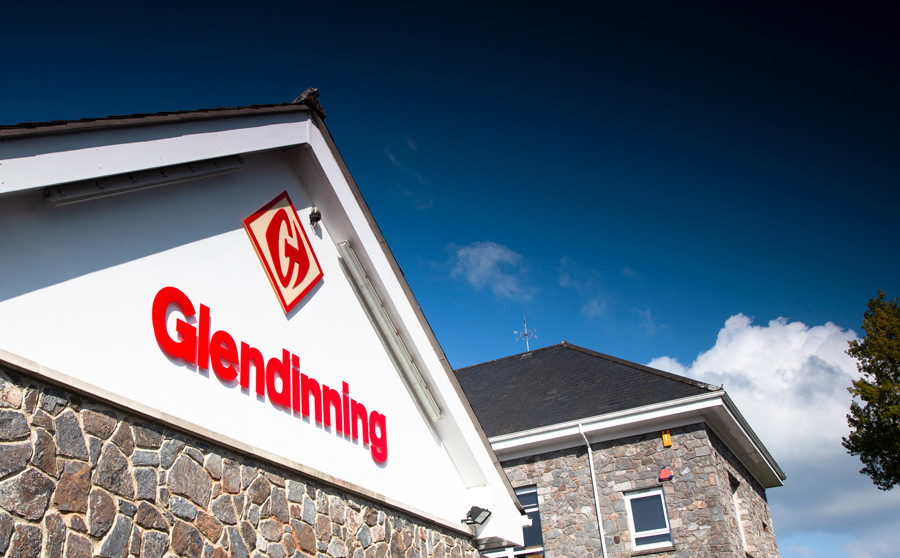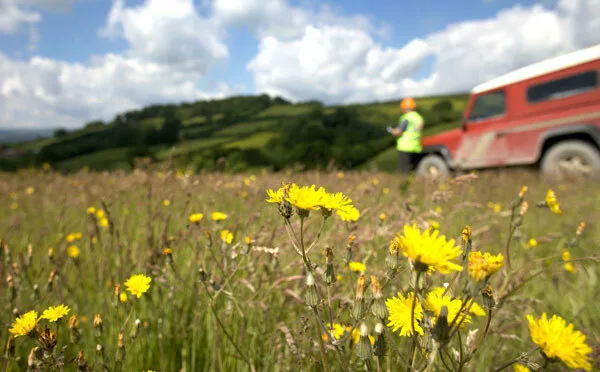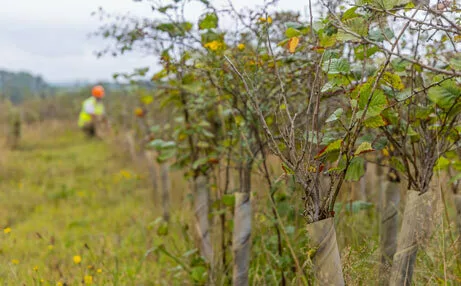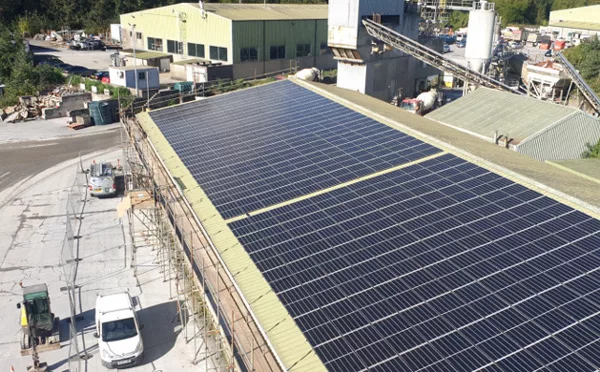Glendinning recognises that its operations and input materials leave an environmental footprint. However, we are committed to taking action to use resources for optimum efficiency, to procure from sustainable sources and to reduce embodied carbon in areas under our control for the benefit of all stakeholders.
Our products are utilised throughout the built environment, and we work with our customers to understand and match the product and service for their project. We have policies, procedures and daily practices that help our staff deliver business in an honest and transparent manner. In addition to considering the extraction, processing and transport impacts of our operations on the environment, we also consider the opportunities for reuse or recycling of materials.
For example, in our most energy intensive activity – the production of asphalt - we have utilised a number of options to reduce waste and improve our carbon footprint.





Both Linhay Hill and Pigsdon quarries incorporate formal land and ecology management schemes with bio-diversity enhancements within their planning conditions such as tree planting, thinning and coppicing, calcareous grassland and habitat creation.
We strive to increase efficiencies in our operations and we are currently investing in washing facilities to recover a higher proportion of rock from ‘dirty blasts’ and thus reduce the amount of unsaleable material going to the quarry spoil tip.
We are committed to procuring our supply contracts from renewable and low carbon sources. We optimise energy use throughout our plant and equipment and monitor consumption to seek efficiencies. For example, at Ashburton we have embarked on a programme of Solar PV panel installation, starting on the workshop roofs, where we now meet 98% of our water pumping costs from renewable solar energy.
Glendinning opts to own its vehicles and to operate and maintain them, valuing the whole life use of the asset over short-term leasing. As new fuelling technologies emerge, we intend to modify our procurement in order to adopt the most appropriate technology for the terrain in southwest England. All drivers are supported by experienced driver trainers and telematics systems to monitor overall performance and safety, including fuel efficiency and optimal routing.
Operational systems incorporate the use of grey water rainwater harvesting from rooftops and settlement pits so that we can reduce our demand on mains supply. Management systems regulate surface water discharges for compliance with permitted consents and hydrological monitoring ensures the long-term quality and vitality of aquifer and water resources within our management.







